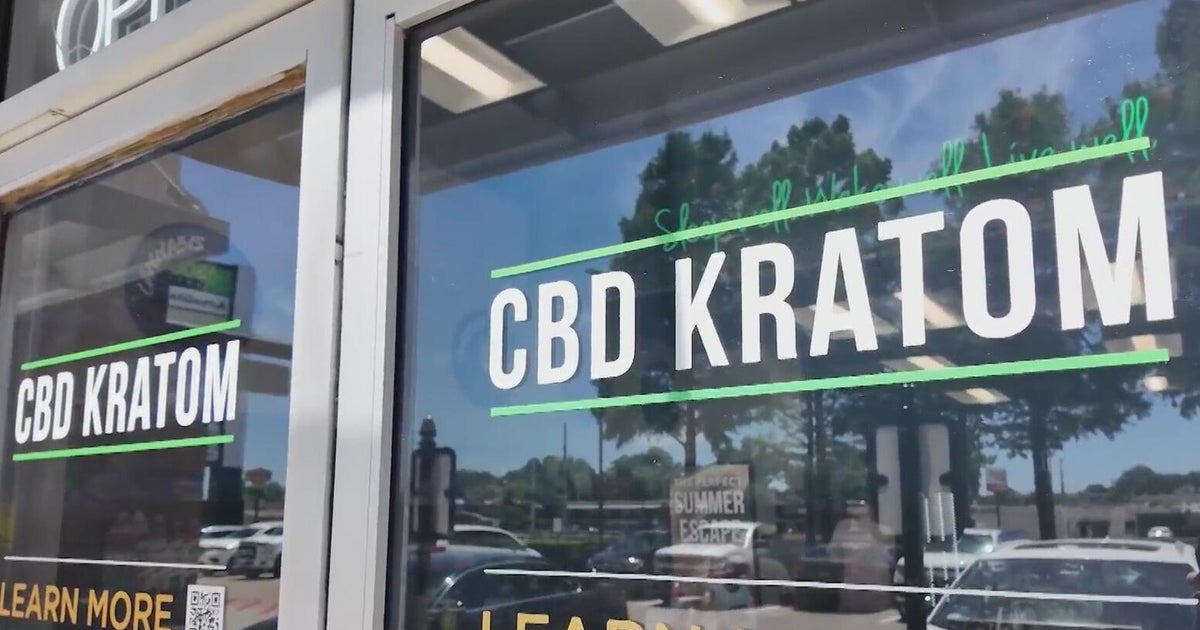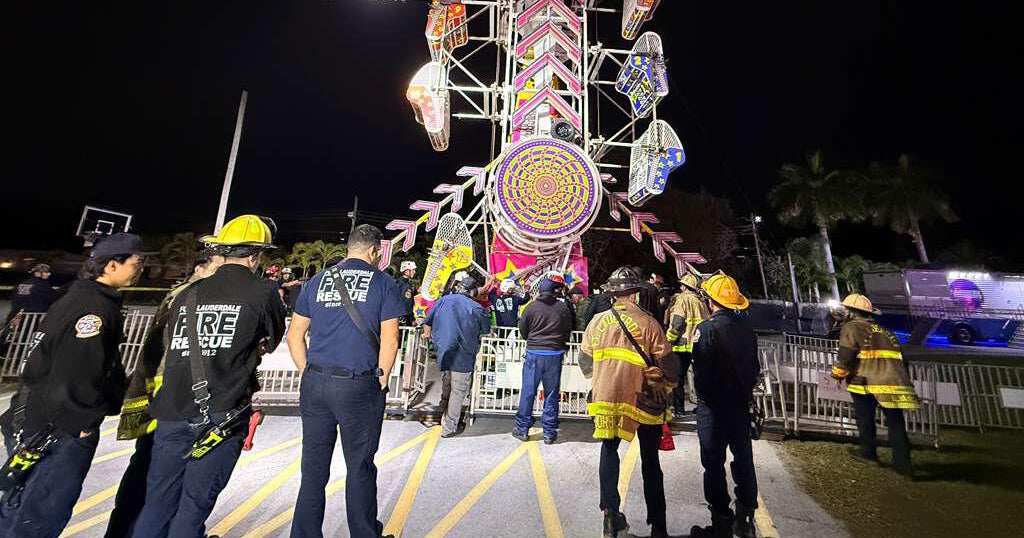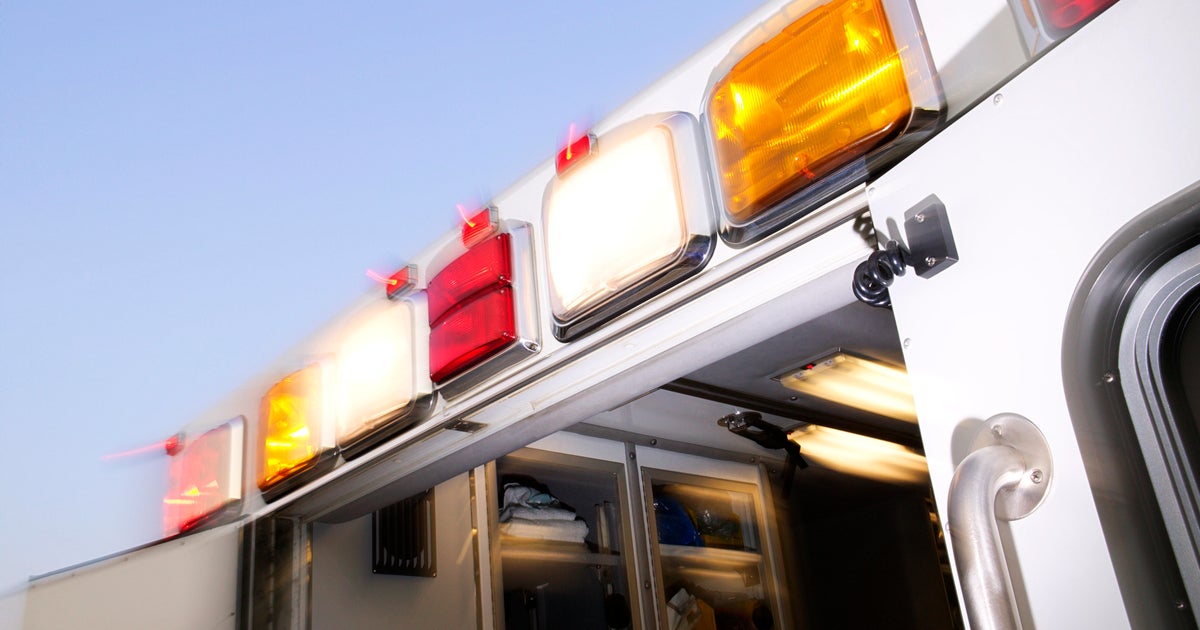Companies that sell a byproduct of kratom, known as 7-OH, and users of the substance are challenging an emergency rule banning its sale and manufacture in Florida.
Attorney General James Uthmeier on Aug. 15 issued an emergency rule prohibiting the alkaloid 7-hydroxymitragynine, known as 7-OH, and adding it to the list of the state’s most dangerous drugs. The ban on the concentrated byproduct of kratom, which was sold in smoke shops throughout the state, went into effect immediately.
The compound — available in products like drinks, gummies and powders — has skyrocketed in popularity over the past few years. Doctors say 7-OH acts on the same parts of the brain and is as addictive as opioids.
Complaint filed on behalf of Florida-based smoke shop company
An administrative complaint filed Monday alleges that the emergency ban is invalid, in part, because Uthmeier’s office failed to follow proper rulemaking procedures and it “was not adopted under a procedure which was fair under the circumstances.”
Florida law allows the attorney general to adopt emergency rules to classify a “new substance” as a Schedule 1 drug on a temporary basis if necessary “to avoid an imminent hazard to the public safety.”
Under state law, Schedule 1 drugs are substances that have a “high potential for abuse” and have “no currently accepted medical use in treatment.”
The complaint filed Monday at the state Division of Administrative Hearings alleges that “there is an insufficient factual or scientific basis” to show that the banned products are “being used in a manner” that “creates a substantial likelihood of hazard to the user’s health or the safety of the community,” as required for an emergency rule.
The complaint was filed on behalf of The Mystic Grove, LLC, a Florida-based company that operates two retail stores; Green Brothers Wholesale, Inc., which distributes hemp, kratom and other smoke-shop products; and six people — identified as K.T., B.M., J.E., A.G., A.R. and M.D. — who use 7-OH products. The businesses and the 7-OH users are represented by J. Stephen Menton of the Rutledge Ecenia, P.A. firm and Paula Savchenko of PS Law Group.
Uthmeier’s office “has provided no evidence of widespread or habitual misuse, no documentation of diversion from legal channels, and no indication that 7-OH poses a greater risk than comparable over-the-counter botanical or nutraceutical products,” the 44-page complaint said.
Instead, “epidemiological data and real-world usage patterns” suggest that the substance “has been widely used as a harm reduction tool” by people addicted to illegal street drugs such as fentanyl or heroin or to address chronic pain.
“The absence of overdose deaths attributable solely to 7-OH undermines any claim that the substance presents a substantial likelihood of harm under the statutory definition,” lawyers wrote.
During a news conference in August, Uthmeier said he planned to work with lawmakers during the 2026 legislative session on a measure to make the ban on 7-OH, which is effective for a year, permanent. The session will start in January.
“It is a significant painkiller. It has been proven to be highly addictive and easily can be overdosed, so it’s very dangerous,” Uthmeier said at the time. “We are taking emergency action now because we see immediate danger.”
Company cites economic loss after ban
According to the newly filed complaint, the emergency rule left The Mystic Grove with “significant inventory of 7-OH that, although legal to possess and sell the day before, was suddenly illegal.” The company’s estimated economic losses run to several thousand dollars per month.
Green Brothers’ business dropped by about 60% after the rule went into effect, which “is consistent with industry-wide contraction resulting from the ban,” the complaint said.
As an example of the people in the case, the complaint said that “M.D.” unsuccessfully struggled for years to kick his opioid addiction.
“While kratom powder initially helped him reduce his dependence on opiates, it was not until he discovered 7-OH tablets that he was able to achieve lasting control over his addiction,” the complaint said.
The emergency scheduling of 7-OH “threatens to upend his progress and poses a direct risk of relapse,” according to the complaint.
Uthmeier’s action came weeks after President Donald Trump’s administration took initial steps to add 7-OH to the nation’s list of dangerous drugs as part of a broader effort to address opioid addiction.
The rule challenge filed Monday maintains that no new science has emerged since the federal Food and Drug Administration dropped an effort to ban 7-OH in 2018.
“There is no compelling new scientific evidence that has suddenly become accepted in the scientific community to support a claim of an imminent health crisis sufficient to reverse the 2018 FDA determinations,” the complaint said.
Florida in 2023 prohibited the sale of kratom, a plant whose botanical name is “mitragyna speciosa,” to people under age 21. But legislation aimed at regulating or banning sale or use altogether has not passed.
What is 7-OH?
The 7-OH alkaloid is one of the kratom’s most potent active compounds. Levels of 7-OH levels are low in whole kratom leaves, while isolated or concentrated forms of the compound are much stronger and often are sold as natural or health supplements.
Efforts to ban 7-OH in Florida and elsewhere have sparked a deep divide within the kratom industry, pitting manufacturers and consumers of the concentrated alkaloid against advocates for kratom in powder or leaf form.
The rapid advent of 7-OH at gas stations, smoke shops and other retail stores made a significant dent in the sales of powdered and leaf-based kratom products, according to industry experts.
David Bregger, whose son died of an overdose in Colorado, blamed the death on the toxic effects of a concentrated form of kratom mixed with diphenhydramine, the active ingredient in Benadryl, along with other over-the-counter sleep aids.
Bregger, who called 7-OH “a horrible dangerous substance,” is pushing for strict regulations for the kratom industry.
“Pure leaf kratom is safe. It shouldn’t be banned,” Bregger told The News Service of Florida in an August phone interview. “You can’t overdose on it, really.”
But proponents of 7-OH contend that the number of opioid deaths nationally has dropped since 7-OH entered the market two years ago.
“Without clear evidence of a surge in hospitalizations, toxicological alerts, or overdose deaths, there is no basis to suddenly declare an imminent hazard to public health,” the complaint said.



